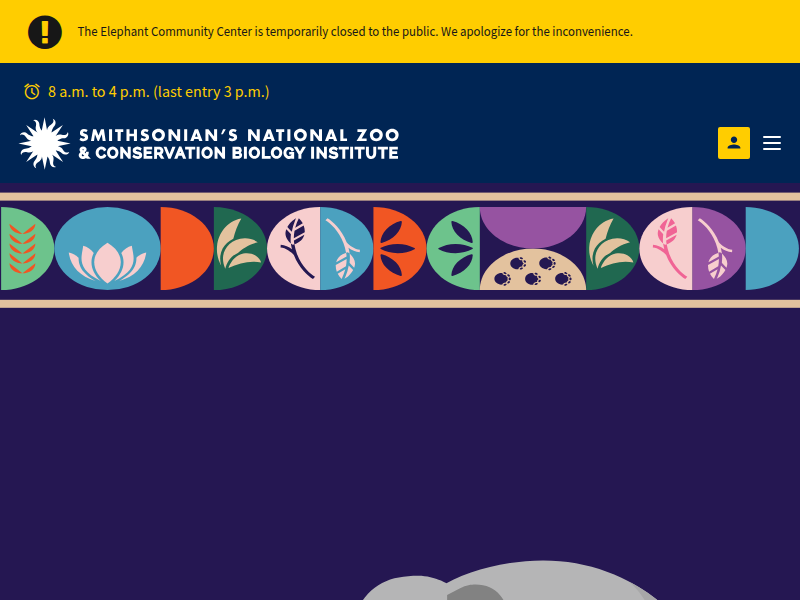Latest Cheetah Cub News | Smithsonian’s National Zoo and Conservation Biology Institute https://nationalzoo.si.edu/animals/latest-cheetah-cub-news?page=3
Check out the latest news and updates about cheetahs.
We’re exploring a wildly new way to book your Zoo Passes.

